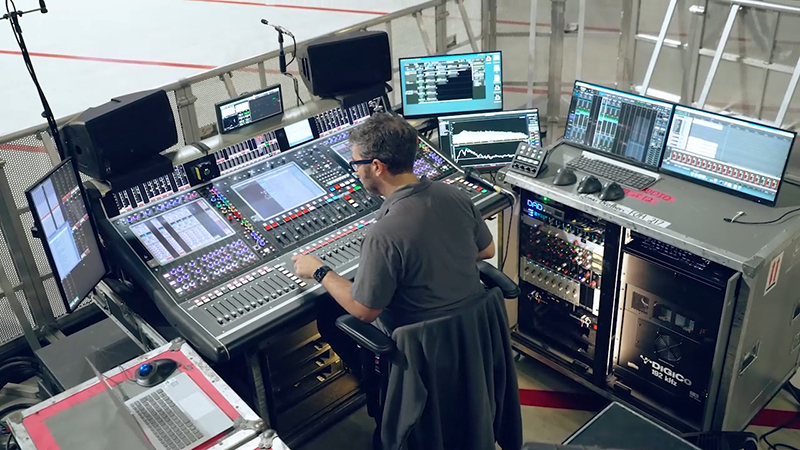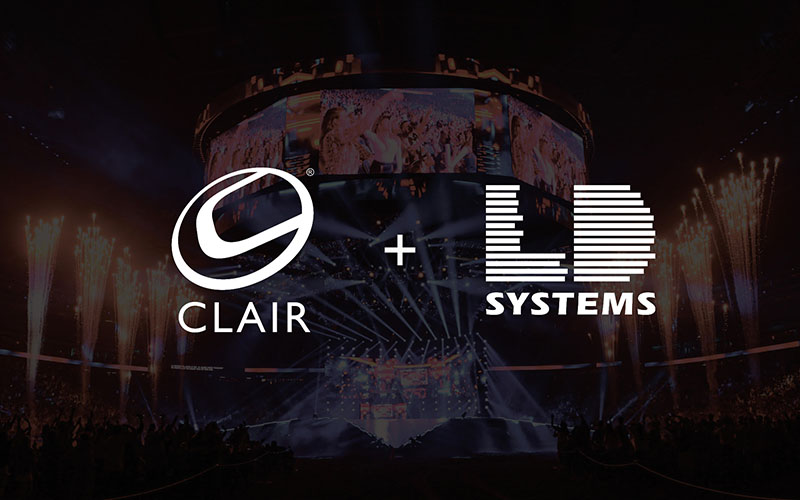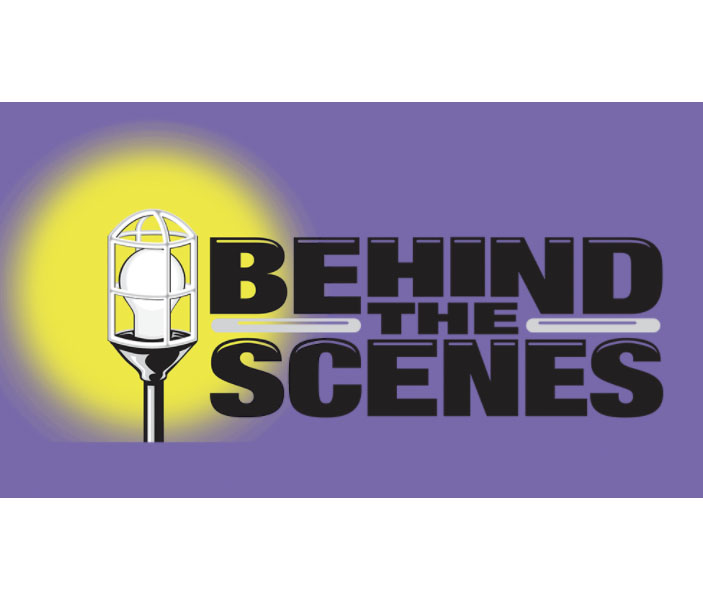WASHINGTON, DC — Harman International Industries, Inc. (NYSE:HAR), parent company to the Harman Professional Group whose brands include JBL, Lexicon, BSS, AKG, dbx, Soundcraft and Crown, announced April 26 that it has entered into an agreement to be acquired by affiliates of Kohlberg Kravis Roberts & Co. L.P. (KKR) and Goldman Sachs Capital Partners (GSCP) in a transaction valued at approximately $8 billion. The transaction was unanimously approved by the Harman board of directors. The buyers are proposing to pay $120 per share in cash, or a 17 percent markup over the previous day’s closing value. However, the company’s shares jumped 19.5 percent on the news, to $122.60 — over two dollars more than the KKR offer — suggesting that other LBO partners may make higher bids on the company. Under the terms of the agreement, Harman has till June 15 to solicit competing bids. Harman shareholders will have the opportunity to buy up to 27 percent of the equity in the new privately held company. At the offer price, the five percent stake owned by company founder Sidney Harman, who it was announced would remain at chairman, would be worth approximately $400 million.
Harman reported third-quarter net income of $71 million, or $1.07 per share, compared with $64 million, or 94 cents per share, last year. Sales rose to $882.8 million from $801.5 million, with revenues meeting financial analysts expectations and earnings-per-share exceeding them at $1.09.
Harman, based in Northridge, CA, is a huge player in the pro audio industry, particularly in touring sound, installed systems, broadcast and music recording. However, approximately two-thirds of Harman's revenues are from sales of GPS, stereo and entertainment systems to upscale automakers including BMW, DaimlerChrysler and Porsche. DaimlerChrysler alone accounts for 25 percent of sales.
New York-based KKR specializes in leveraged buyouts (LBOs). A common outcome for LBOs is a restructuring of the acquired company via a sell-off of underperforming divisions and other cost-cutting measures, to create a leaner core entity that can then be resold at a profit.
That’s likely to occur in Harman’s case; what’s less certain is how it will take place. Harman’s automotive group remains the star performer, suggesting it will be the cherry at the center of any subsequent deal. But the automotive group has its own problems: revenues from Harman’s consumer electronics group are often mixed in with those of automotive, and market researcher firm iSupply released a finding in April predicting that the consumer electronics sector will experience a “significant slowdown” over the next five years, with growth slowing from 8.9 percent top 3.6 percent. That will affect most electronics manufacturers, including Harman. Secondly, automobile sales have hit a brick wall in recent months, with certain high-end brands including Mercedes feeling the pinch. It’s a trend that hits at Harman’s bread and butter.
On the other hand, the Harman Pro Group’s earnings show consistent, if not stellar, growth in an industry sector that is poised to expand as high-definition audio becomes a bigger attraction for broadcast and entertainment products. Touring continues to increase, creating additional demand for live sound technology; the so-called CEDIA channel of installed AV is also showing steady growth.
In other words, KKR may not know one end of a microphone from another, but at some point they will likely realize they have a small gem in this package.
“The Harman Pro Group has a great set of brands in an industry that’s going to need professional technology to make HD sound,” said Paul Gallo, president of the Professional Audio Manufacturers Association, of which Harman is a member. Gallo discounts the potential for an LBO for the pro group and says that as KKR becomes more aware of the growth possibilities in areas including live sound and house-of-worship markets, the more they’ll be inclined to keep the entity together.
Not everyone agrees. One former Harman executive speaking on background pointed out that KKR historically hangs on to very little of its acquisition portfolio and that as good as the pro group’s numbers are — they accounted for a little over $517 million in revenues last year, which is 16 percent of overall revenues, according to the company’s 10-K filing on the SEC website — they are still niche-market small change compared to the billions that even a slowing consumer automotive/electronics market accounts for.
What Harman can expect under new ownership is more of what the parent company had already been imposing, probably with the intent of making the pro group attractive as part of the larger package: elimination of more v.p. positions, and more centralization of operations — for example, Harman relocated its AKG operations from Nashville to Northridge last year, cutting the jobs based there. The moves have made Harman Pro Group leaner but at the same time somewhat less nimble in terms customer service, the source pointed out, crucial in an industry still based largely on personal relationships.
Harman Pro Group can expect some reconfiguration, including the possibility of consolidation of brands, another source close to the company said. But the consensus is that end users will likely see little impact. “The products are there, the supply channels are still largely there,” the source said.
Not many people know that RCA is owned by the French. In the end, as long as the quality of products remains high, end users likely have little concern precisely who owns what.
(For the official press release from Harman, click here.)



